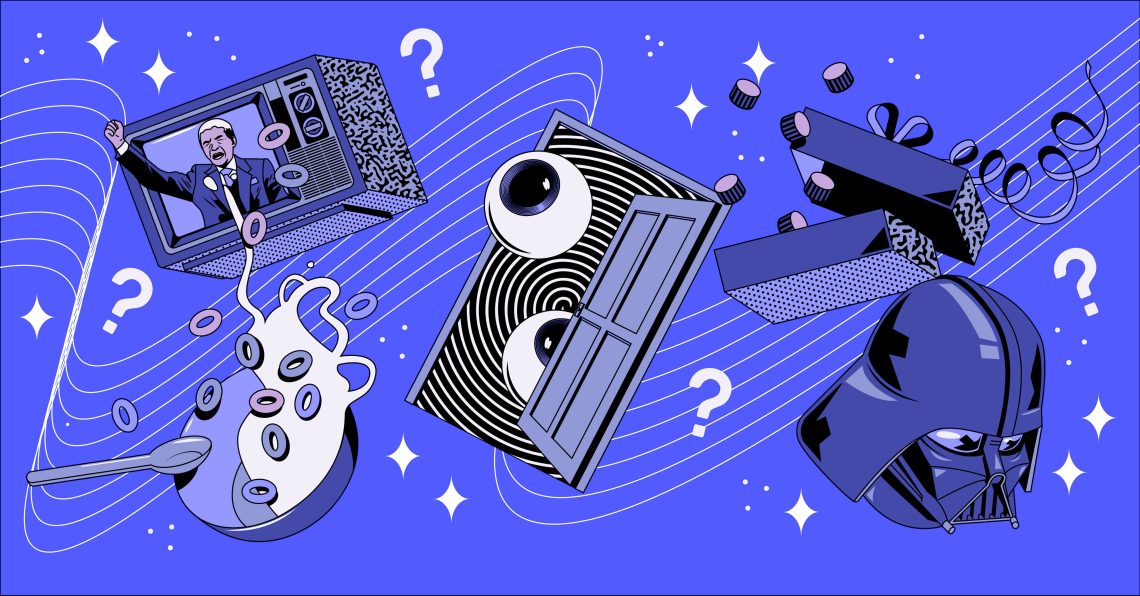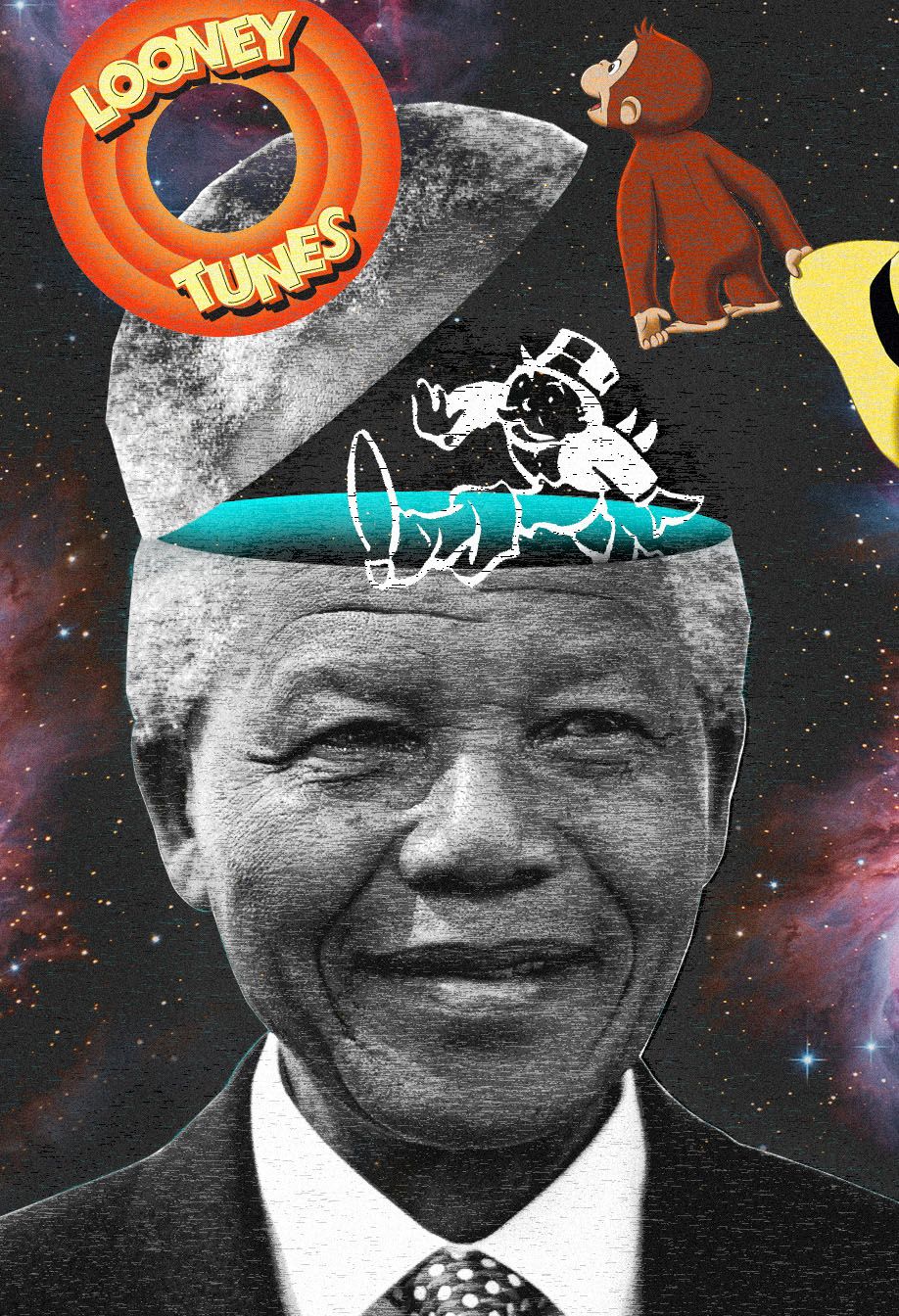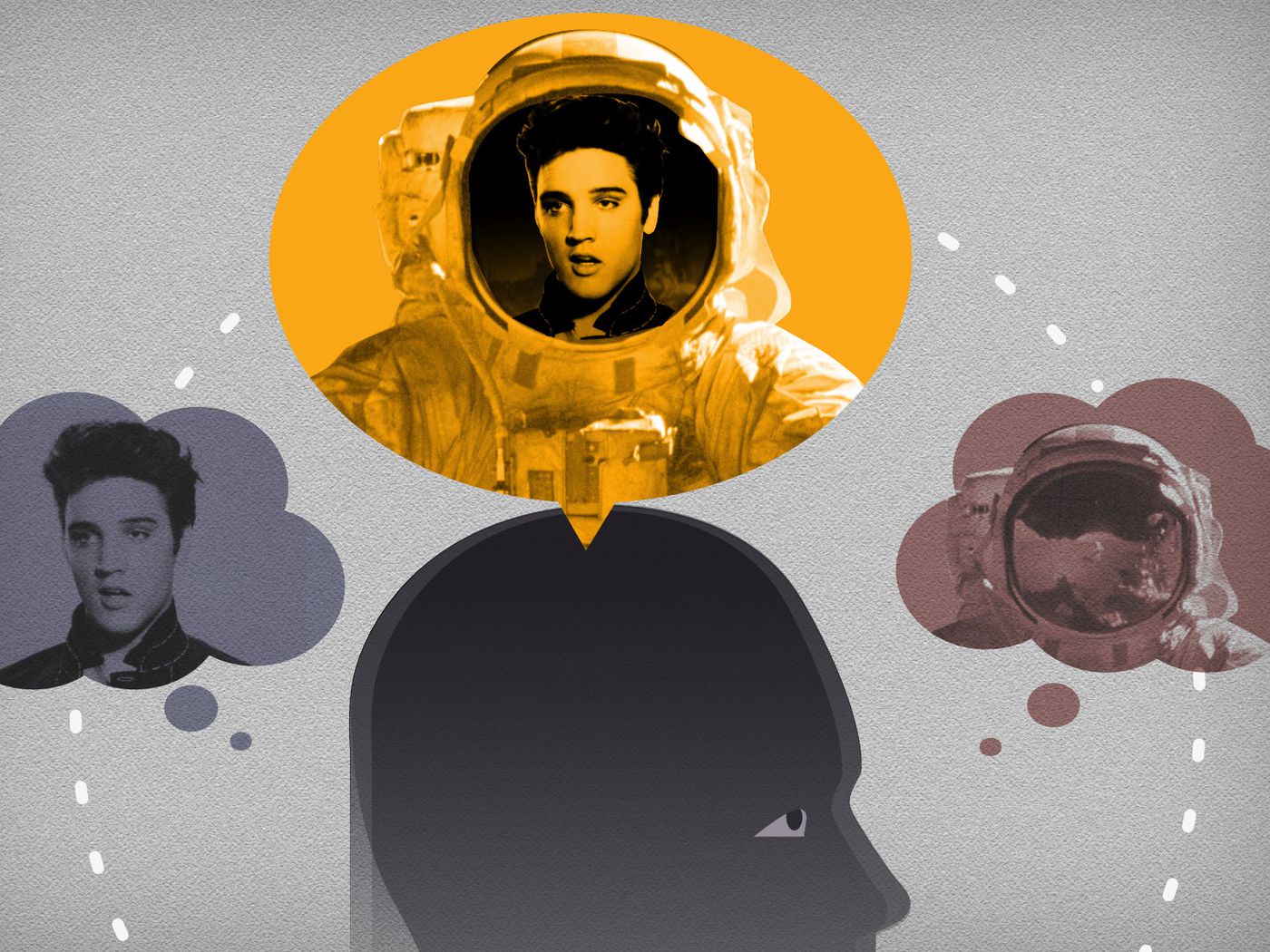
Explaining the Mandela Effect
Have you ever misquoted famous movie quotes or felt like masses of people believed that an event that actually did not happen? The Mandela Effect is a popular and heavily debated type of false memory. It refers to the situation in which many people thought that an event occurred when it did not.
We all have experienced the Mandela Effect one way or another. In fact, a 2020 memory study from the journal Psychological Science found that, when asked to recall information, 76% of adults made at least one detectable error. The three prominent features of the Mandela Effect include:
-
Recalling entire events that simply did not happen.
-
Having warped memories where some aspects are partly or wholly false.
-
Several unrelated people share almost identical contorted or inaccurate memories.
Origin Of The Term
Looking at the source of the Mandela effect, some notable examples, and some possible explanations for this strange convergence of perceptions can help shed light on this unique phenomenon. Fiona Broome started a website to observe this phenomenon in more detail. Here is where the origin of the term “Mandela Effect” was coined in 2009.
It all started when Broome went to a conference and began talking to other conference-goers about the tragedy of previous South African president Nelson Mandela and his death in the South African prison in the 1980s. However, with further research, you find out that President Mandela did not die in the 1980s. Instead, he passed away in his own home in 2013. Broome talked to other people about her faulty memories, but she also learned that she was not alone.
The people she spoke to also remembered seeing news coverage of Mandela’s death, as well as a speech made by his widow. There was quite a shock to Broome when she realized that a large group of people could remember an identical event in such detail, and it never really happened. Fiona then began her website to discuss what she called the “Mandela Effect” and other incidents similar to this occurrence. Most of the time, these memories stem from or are based on popular culture.

Examples Of The Mandela Effect
The powerful story of Nelson Mandela is not the only instance of this type of false group memory. As promised, we will look into some of the various examples of the Mandela Effect that we have seen in pop culture.
“Luke, I Am Your Father” – Even if you have or have not seen Star Wars: Episode V—The Empire Strikes Back, you can probably recognize the famous line from this movie where Darth Vader utters the line, “Luke, I am your father.”
However, you will possibly be surprised to learn that at the time, the line was actually, “No, I am your father.” Many people have distinct memories of the being the first phrase rather than the second phrase. What about you?
“Mirror, Mirror on the Wall” – If you have watched the Disney classic Snow White and the Seven Dwarfs, you could probably recall this line from the movie, “Mirror, mirror on the wall, who’s the fairest of them all?”
But with further examination, you actually learn that the phrase is “Magic mirror on the wall”.
“Life is like a box of chocolates” – Here is another familiar misquotation that stems from the classic 1994 film Forrest Gump. The main character shares a quote he picked up from his mother.
In the scene, Forrest Gump (Tom Hanks) actually says, “My mother always said life was like a box of chocolates.” You can go back and watch the movie and see for yourself!
“Sex in the City” – Many people swore that the title of a famous show on HBO was Sex in the City when actually the correct name of the show is Sex and the City.
There were claims that people saw legitimate merchandise with the show name spelled otherwise.
Causes of the Mandela Effect
To learn more about why the Mandela Effect happens and what could possibly trigger it, let us look into the potential causes of the Mandela Effect.
Priming
In psychology, the phenomenon of priming is where exposure to a stimulus directly influences someone’s response to a succeeding stimulus. An example of this phenomenon is when someone hears the word “sky” and they immediately think of other related terms like “cloud” or “stars” and definitely more quickly than words that are not so related. It is also known as suggestibility, which can affect a person’s memory and reaction.
False Memories
The concept of false memories provides another potential explanation for the Mandela Effect. False memories are defined as untrue, distorted, or outlandish recollections of an event. Some false memories do contain elements of fact and do closely resemble the actual event in question.
However, other false memories are entirely wrong. The idea of false memories can cause discomfort for most people (maybe you are thinking that this can be a little scary), and even worse is that memory mistakes are actually quite common.
Confabulation
Confabulations are essentially false statements or anecdotes of events that do not have factual support or relevant evidence. While confabulations are technically filled with incorrect information and ideas, the subject retelling the story will regard these proclamations as fact.
It is also important to note that people do not intentionally confabulate; in fact, people are mostly unaware of the information that could make their stories accurate or inaccurate and can not provide better explanations. Confabulation is a common symptom of specific neurological memory conditions like Alzheimer’s and other diseases of dementia.
Personal or Emotional Bias
Did you know that emotional and personal bias can both influence memories? Studies have revealed a variety of factors that cause false remembering. For instance, incredibly emotionally arousing events typically produce memories that are incorrect even when vivid. Maybe you remember an event that caused you to be extremely excited or terrified?
Look back at that memory and see if your emotion influenced the remembering. Other factors will also increase distortions of memory like misleading information, interference, and leading questions (like priming that we discussed earlier).
Therefore, psychology and memory science have an overall view that our ability to remember things is highly error-prone, untrustworthy, and inconsistent. However, it is crucial to recognize that these studies were usually conducted in relatively artificial conditions in a scientific laboratory.

Alternative Realities or Parallel Universes
So, Broome describes the Mandela Effect as she has a clear memory of an event, as well as many other people, that never actually occurred in reality. There is one theory about the basis of the Mandela Effect that actually originates from quantum physics and the string theory and pertains to the concept that rather than experiencing one timeline of events, it is possible that alternative universes or realities are taking place and mixing with our timeline.
If you think this sounds a bit outlandish, you are not alone. Even though the mathematical essence of string theory works and the theory of alternate realities is unfalsifiable, as in, there is no method to disprove that these other universes don’t exist. Since one cannot prove that it is inaccurate, you cannot discount its possibility. The excitement of a bit of mystery in everyday life also likely comes into play for many people.
The Impact of the Internet
The role of the internet in impacting the memories of the masses should not be misjudged. It is probably no coincidence that consideration of the Mandela Effect has grown in this digital age.
The internet is a reliable way to spread information, and with this spreading of data comes the prospect for misinformation and fallacies to acquire traction. People then begin to build communities based around these falsehoods and what was once in the imagination starts to seem true to life. An extensive study of over 100,000 news stories discussed across Twitter, conducted over ten years, showed that lies, conspiracies, and rumors won out over the truth every time by about 70%.
Is It Possible to Recognize a False Memory?
Recognizing a false memory is probably almost impossible. It is truly difficult to uncloud your memory, as almost everything we “remember” can be muddled, malformed, and inaccurate.
Typically, the most reliable way to know if your memory is fake or not (sadly) is to try to corroborate your story with other people or take on some of your own online research. If you remember a phrase or saying or line a certain way, you can search this fact from a reliable source or straight from the movie/media itself.
You May Also Like

I Have Trouble Being Faithful.
2021-08-27
Understanding Your Paranoia
2022-08-10

